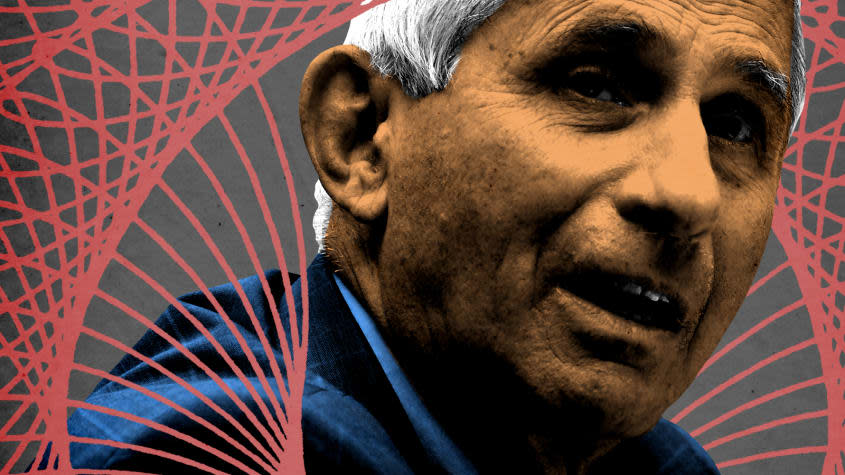What's behind the public health switcheroo on COVID?

You may have noticed that public health guidelines have changed a lot over the course of the COVID-19 pandemic. At first, masks were discouraged. Then they were mandated in many settings. First, people were asked to choose between getting vaccinated and wearing masks. Now we're often told to don masks even if vaccinated. For months, the number of new COVID cases was treated as an important measure of the severity of a surge. But more recently, the message has been that hospitalizations and deaths are what matter.
The shifting standards and expectations have led some, like National Review's Michael Brendan Dougherty (an alumnus of The Week), to suggest this is an underhanded switcheroo by public-health authorities, including President Biden. Others insist it's merely that circumstances have changed and the CDC, Anthony Fauci, the president, and others have merely made reasonable adjustments to those shifts.
The truth lies somewhere in the middle.
A pandemic involving a novel coronavirus, including a series of distinct variants with different fatality rates and levels of contagiousness, will inevitably produce a high degree of uncertainty among doctors and epidemiologists. At the same time, public health professionals tasked with communicating to the country how best to respond to the risk at any given moment in the pandemic understandably feel like they need to speak with authority and simplicity to be taken seriously. The tension between those poles — uncertainty in a fluid situation vs. an aspiration to authority and simplicity — is bound to produce mixed messaging and even, at times, the appearance of incompetence.
When that predictable outcome gets mixed up with the culture war, the result is something even worse — namely, the suspicion of bad faith on the part of public servants, along with the spread of corrosive distrust in experts and the institutions they lead. At its worst, this distrust can bleed over into the embrace of conspiracy theories about the government intentionally stamping out individual freedom and infringing on our bodily integrity for nefarious purposes.
Dougherty and other critics aren't wrong to note when public health experts make mistakes or contradict themselves. But they might spend somewhat less time playing "gotcha" and somewhat more time showing understanding of the difficult situation these professionals are in, attempting to save lives in a sprawling, chaotic nation of 330 million people that's already badly polarized and disinclined to defer to authority of any kind.
The last thing America needs is another, deeper cycle of institutional delegitimation.
You may also like
It's unrealistic to ban football. But it might not be ethical to watch it, either.

